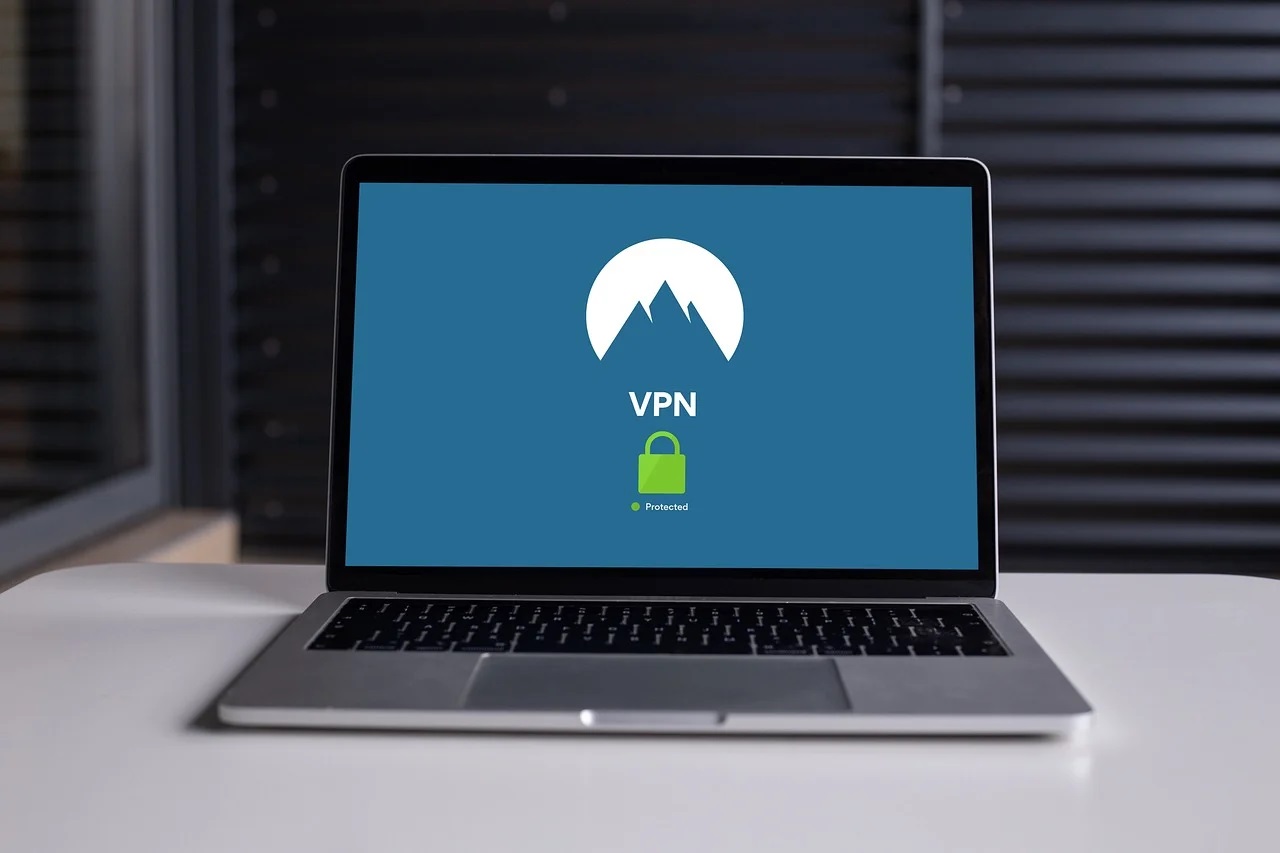Home>Software and Apps>Decentralized VPN: Empowering Online Privacy


Software and Apps
Decentralized VPN: Empowering Online Privacy
Modified: September 5, 2024
Discover how our decentralized VPN software and apps empower online privacy. Protect your data and enjoy secure browsing with our innovative technology.
(Many of the links in this article redirect to a specific reviewed product. Your purchase of these products through affiliate links helps to generate commission for Techsplurge.com, at no extra cost. Learn more)
Table of Contents
What is a Decentralized VPN?
Traditional VPNs connect users to a centralized server, routing their internet traffic through it. This setup can be problematic since the centralized server might intercept or monitor user data. In contrast, decentralized VPNs operate on peer-to-peer (P2P) networks, allowing users to connect directly without needing a central server. This architecture ensures no single entity controls data flow, enhancing privacy and security.
Read more: Enhancing Online Privacy with VPN Technology
How Does a Decentralized VPN Work?
Decentralized VPNs utilize blockchain technology and P2P networks to facilitate secure and private internet connections. Here’s a step-by-step breakdown:
Network Setup
Users join a decentralized network, often based on blockchain technology. Each user acts as a node, contributing to the system's overall security and functionality.
Encryption
When accessing the internet, a user's device encrypts data using advanced cryptographic techniques. This ensures intercepted data remains unreadable without the decryption key.
Peer-to-Peer Connection
Encrypted data transmits directly to another network user, acting as a relay node. This process continues until the data reaches its final internet destination.
Routing
Routing is decentralized, meaning each network node determines the best path for data travel. This makes it difficult for any single entity to monitor or control data flow.
Verification
Blockchain technology verifies transactions and connections, ensuring all network nodes are trustworthy and data remains untampered during transmission.
Benefits of Decentralized VPNs
Decentralized VPNs offer several advantages over traditional VPNs:
Enhanced Privacy
Without relying on a central server, decentralized VPNs reduce the risk of data interception and surveillance. Each user's data is encrypted and transmitted directly to another user, making third-party monitoring virtually impossible.
Security
Blockchain technology and P2P networks enhance system security. Tampering with or manipulating data would require altering the blockchain, which is highly improbable due to its decentralized nature and cryptographic hashing.
Resilience
Decentralized VPNs are more resilient to censorship and shutdowns. With no central point of failure, even if some nodes are compromised or taken offline, the network can continue functioning through other nodes.
Community Control
Users have more control over their data and the network. Decentralized VPNs often operate on open-source platforms, allowing developers and users to contribute to the network's development and maintenance.
Cost-Effective
Traditional VPNs often require subscription fees for server access. Decentralized VPNs can be free or low-cost, as users contribute their resources and bandwidth to the network.
Challenges and Limitations
While decentralized VPNs offer significant benefits, they also face several challenges and limitations:
Complexity
Setting up and using a decentralized VPN can be more complex than traditional VPNs. Users need to understand blockchain technology and P2P networks, which may require technical expertise.
Scalability
Decentralized networks can be slower and less scalable than centralized ones. As the number of users increases, the network may experience latency and performance issues.
Interoperability
Different decentralized VPNs may not be compatible with each other, limiting their usability across various platforms and devices.
User Adoption
Widespread adoption of decentralized VPNs remains a challenge. Many users are accustomed to traditional VPNs and may find it difficult to switch to a decentralized alternative.
Case Studies and Implementations
Several projects and implementations have demonstrated the potential of decentralized VPNs:
Tor Network
While not strictly a VPN, the Tor network is a decentralized system that anonymizes internet traffic by routing it through multiple nodes. It has been widely used for secure browsing and has inspired the development of other decentralized privacy solutions.
IPFS (InterPlanetary File System)
IPFS is a decentralized storage system allowing users to store and share files in a peer-to-peer manner. It has been integrated with various decentralized VPN projects to enhance data storage and sharing capabilities.
LibreMesh
LibreMesh is an open-source mesh networking project aiming to create decentralized, community-controlled networks. It has been used in various community networks worldwide, providing a model for decentralized internet access.
Future Directions
The future of decentralized VPNs looks promising, with several trends and developments expected to shape the landscape:
Advancements in Blockchain Technology
Improvements in blockchain technology will enhance the security and efficiency of decentralized VPNs. New consensus algorithms and smart contract platforms will provide more robust solutions for data verification and management.
Increased Adoption
As more users become aware of the benefits of decentralized VPNs, adoption rates are expected to increase. This will drive further innovation and development in the field.
Integration with Other Technologies
Decentralized VPNs are likely to integrate with other emerging technologies such as AI, IoT, and edge computing. This integration will enable more sophisticated privacy solutions tailored to specific use cases.
Regulatory Environment
The regulatory environment for decentralized technologies is evolving. Governments and institutions are beginning to recognize the importance of decentralized solutions in enhancing privacy and security. This recognition could lead to more favorable regulations and standards for decentralized VPNs.
Decentralized VPNs represent a significant step forward in the quest for online privacy. By leveraging blockchain technology and P2P networks, these solutions offer enhanced security, community control, and resilience against censorship. While challenges remain, the benefits of decentralized VPNs make them an attractive alternative to traditional VPNs. As technology continues to evolve, expect even more sophisticated and user-friendly decentralized VPN solutions to emerge, empowering users to take control of their digital privacy like never before.










